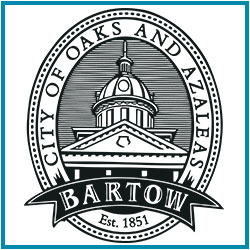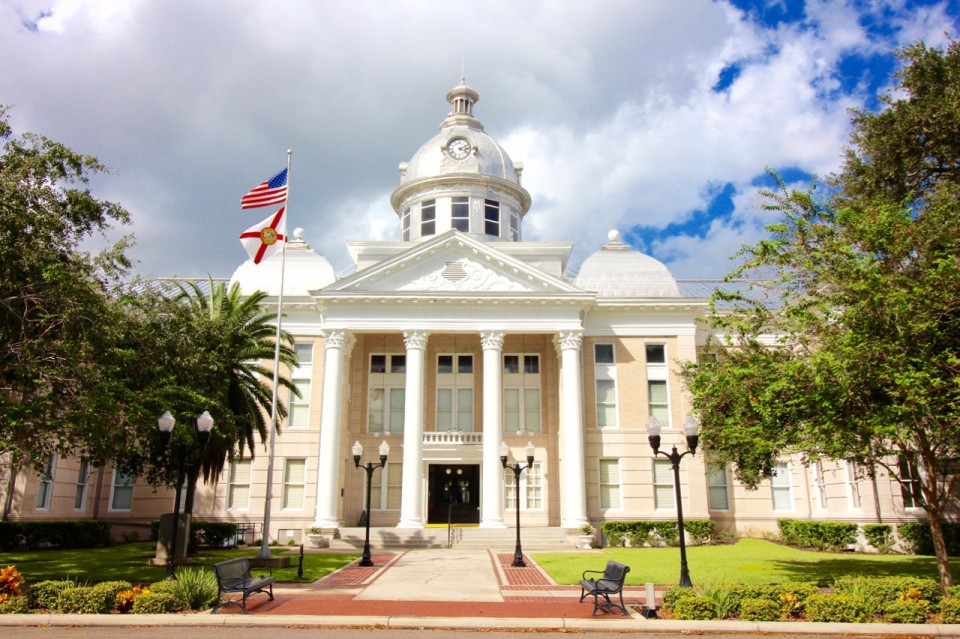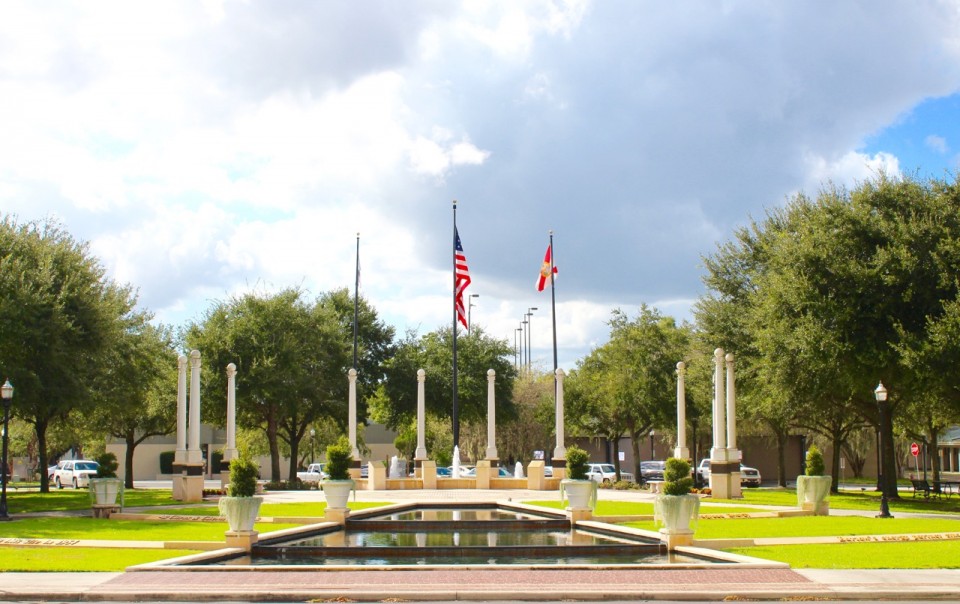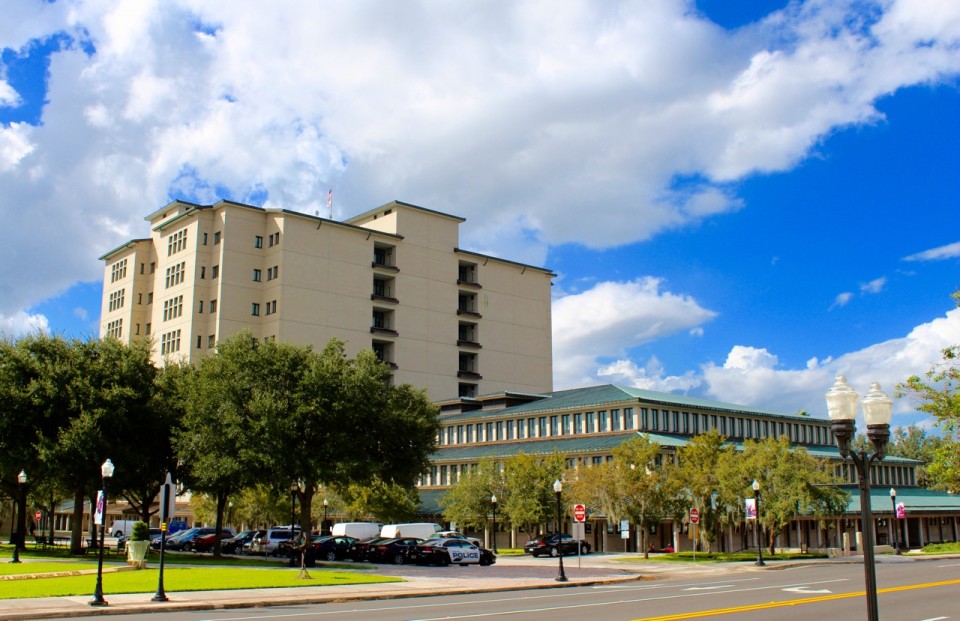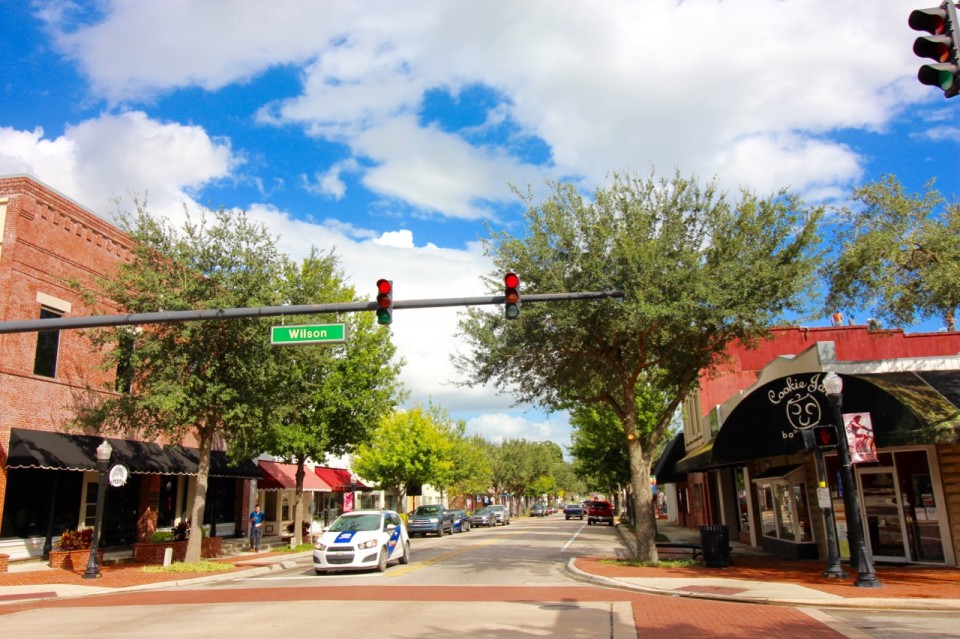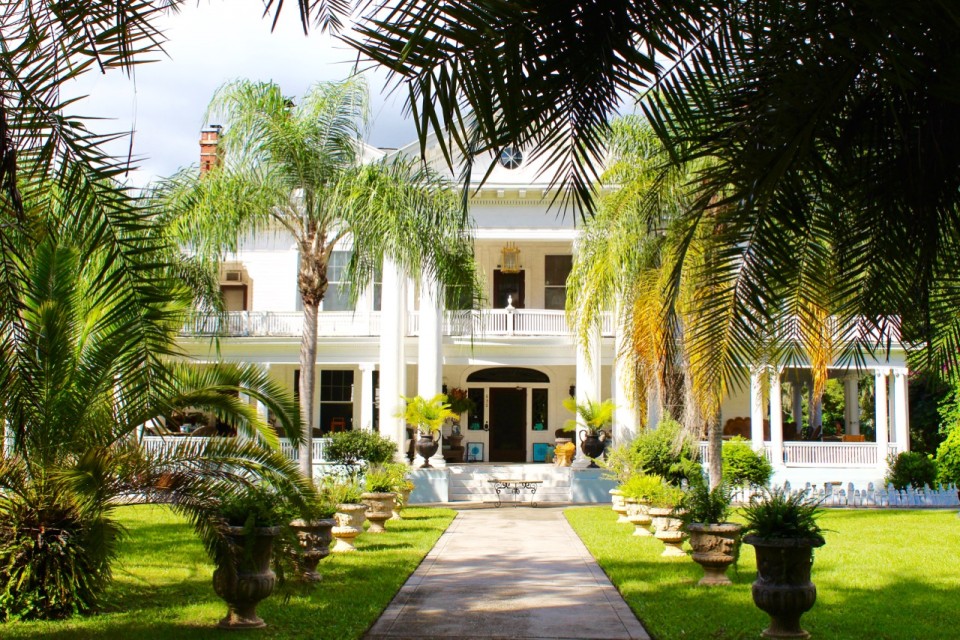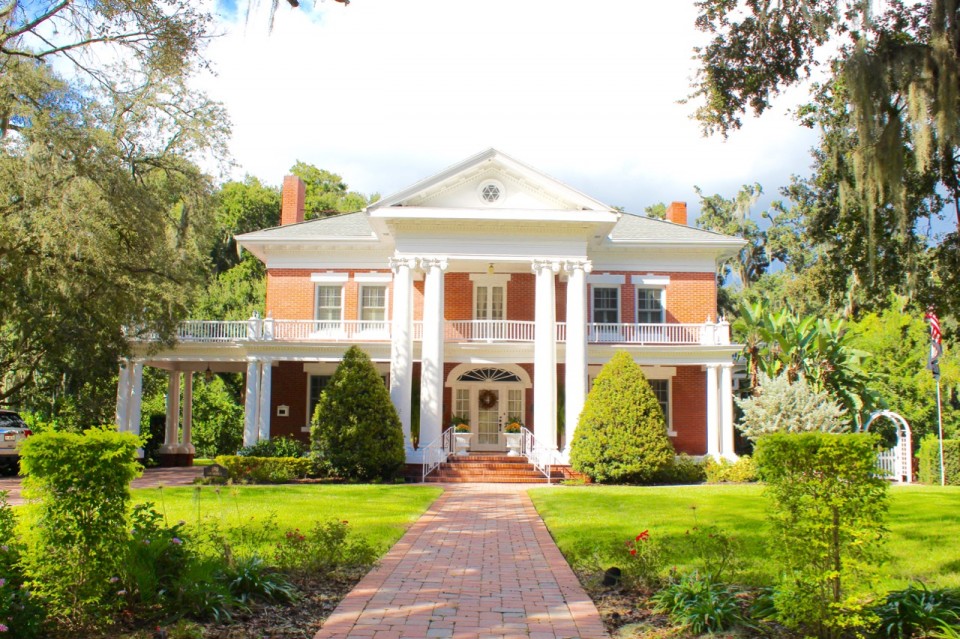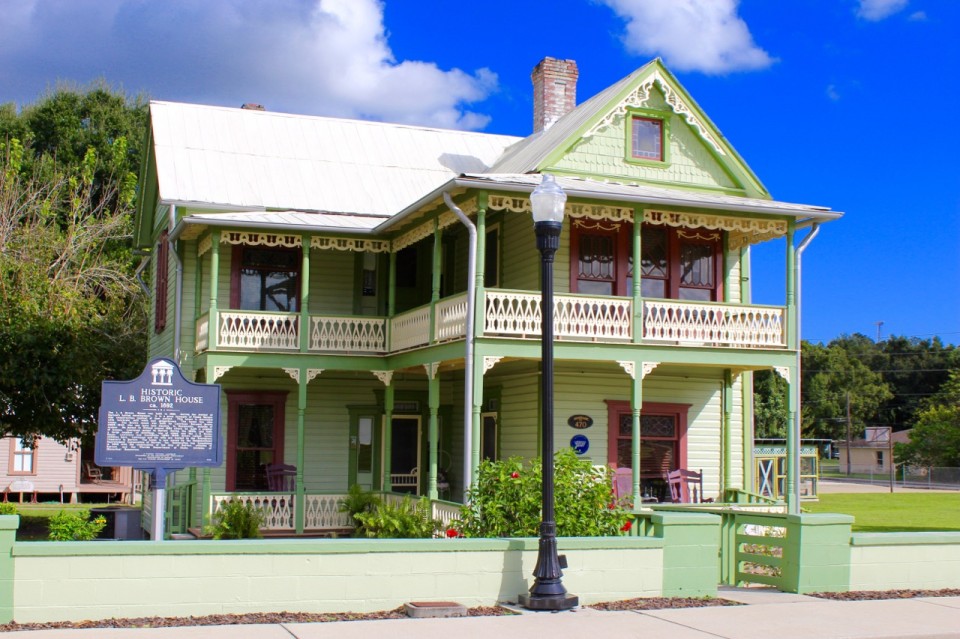Where History Comes to Life
Founded as Fort Blount in 1851, the city was renamed to honor General Francis Bartow, the first Confederate officer to die in the Civil War. The Bartow of today is located near the source of the Peace River — in the center of “Lightning Alley,” an area known for afternoon thunderstorms in the summer and sunny, mild winters. Bartow is the county seat for Polk County, one of Florida’s geographically largest counties. Spend some time in the “City of Oaks and Azaleas” and you’ll discover many historic homes built in the late 19th and early 20th centuries. Oak Hill Cemetery is the final resting place for veterans of the Seminole Indian Wars, Mexican-American War, Spanish-American War, WWI, WWII and the Korean Conflict.
Things To Do
Centrally located, Bartow is an hour or less from Central Florida’s theme parks — as well as Homestead Historical Park, Mulberry Phosphate Museum and the Polk Museum of Art. Three areas of the city have been designated as historical districts. Towering oaks and ever-present azaleas give the city a distinctive southern look and feel. The area has a national reputation for largemouth bass fishing and tournaments are held weekly almost year-round.
Why live in Bartow?
Historic districts, leisure activities and a small-town heritage make Bartow — or “the ‘Tow” as locals call it, a wonderful place to live. There are 13 schools in the area, a mix of public, private and charter schools. Yearly special events include the L.B. Brown Festival, Bloomin’ Arts Festival, Fourth of July celebration, Cricket Club Halloween Parade, and the Christmas Eve bonfire. Plus, the monthly “Tow Jam” music and entertainment event on Main Street.
Medical/Hospital Facilities
Bartow Regional Medical Center, part of BayCare Health System, is a 72-bed, acute care hospital serving Lakeland, Bartow, Ft. Meade, Mulberry, rural So. Polk County and northern Hardee County.
Properties in Bartow
Link: City of Bartow